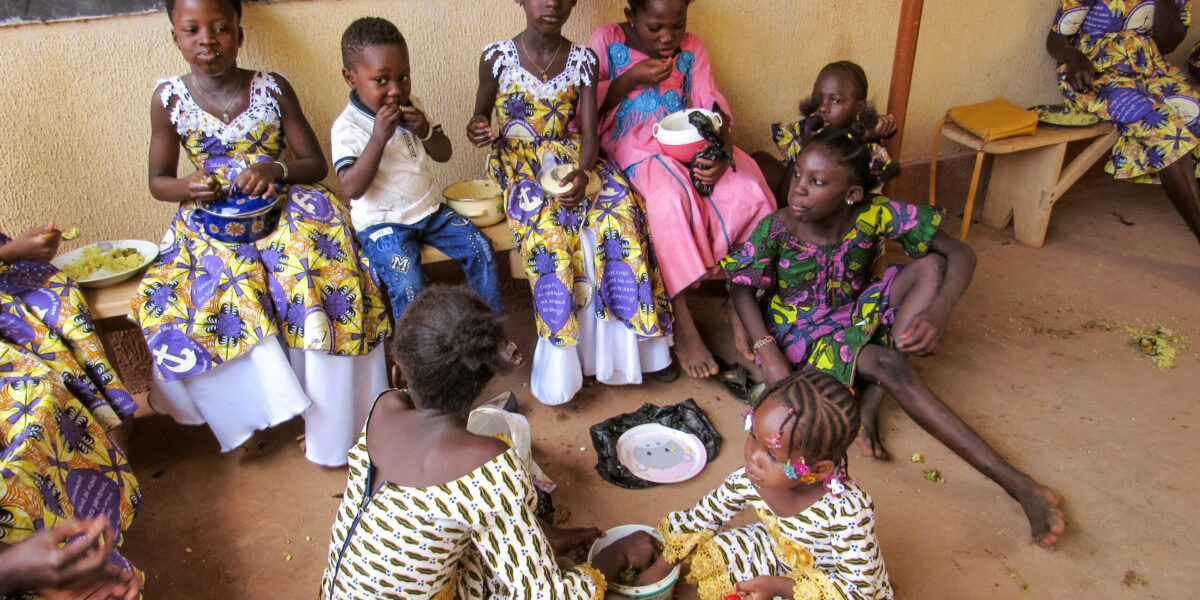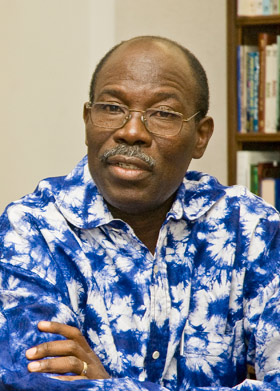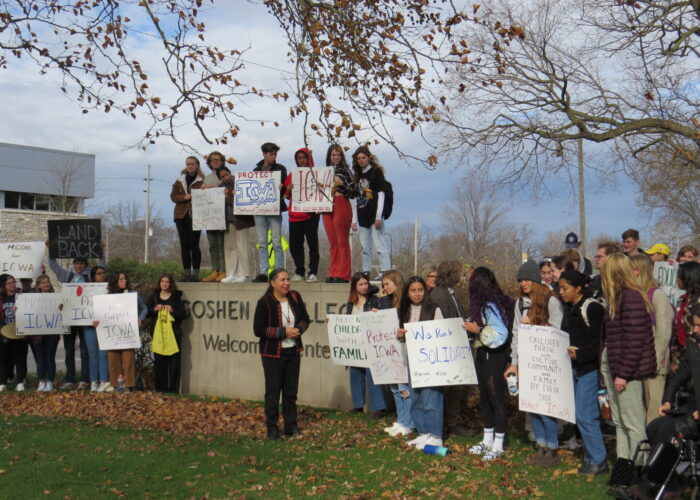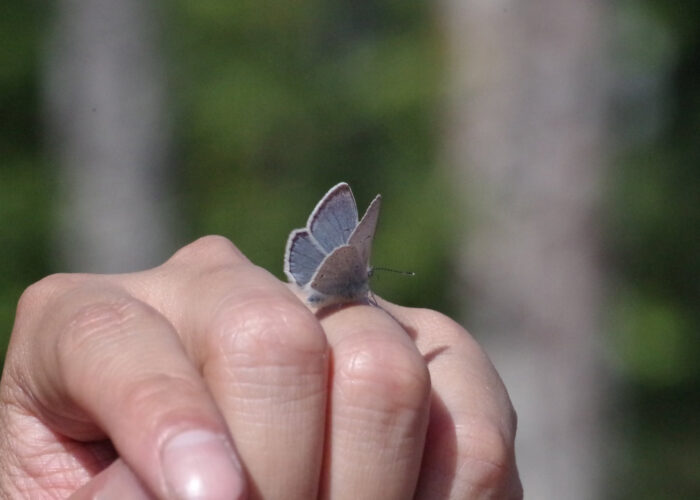"After this I looked, and there before me was a great multitude that no one could count, from every nation, tribe, people and language, standing before the throne and before the Lamb. They were wearing white robes and were holding palm branches in their hands. And they cried out in a loud voice: ‘Salvation belongs to our God, who sits on the throne, and to the Lamb.’" — Revelation 7:9-10 (NIV)
This word-painting is one of the most magnificent visions that the Bible gives of humanity as God created us to be. It represents God’s finished masterpiece. Here, no one is excluded. All are invited to come before the throne of God. Hallelujah!
I like to use these two verses when I celebrate the Lord’s Supper. Burkina Faso is home to about 70 ethnic groups, practicing various religions — a wide diversity of people. When I serve the Lord’s Supper, the question I ask myself is, "Are all ethnic groups involved in this meal that Jesus instituted?"
Given that only 20 percent of our nation’s people call themselves Christians, and only 5 percent of these Christians are Protestants, I remind myself that the challenge is great to bring as many as possible to the celebration about which Revelation speaks. Not only must we take care of those who are part of this crowd, but we must go in search of those who have not yet heard the good news. This word-painting is not yet there, the crowds are not yet reached. The Revelation word-painting invites us to mission.
Inclusion is God’s project. The prophet Isaiah expressed it clearly, "The time has come to bring together all nations and all languages. They will come and see my glory" (Isaiah 66:18, translated from French). We must enter God’s vision of gathering and not of excluding, of loving and not of hating. Thus, we will transform our world for the Lord.





